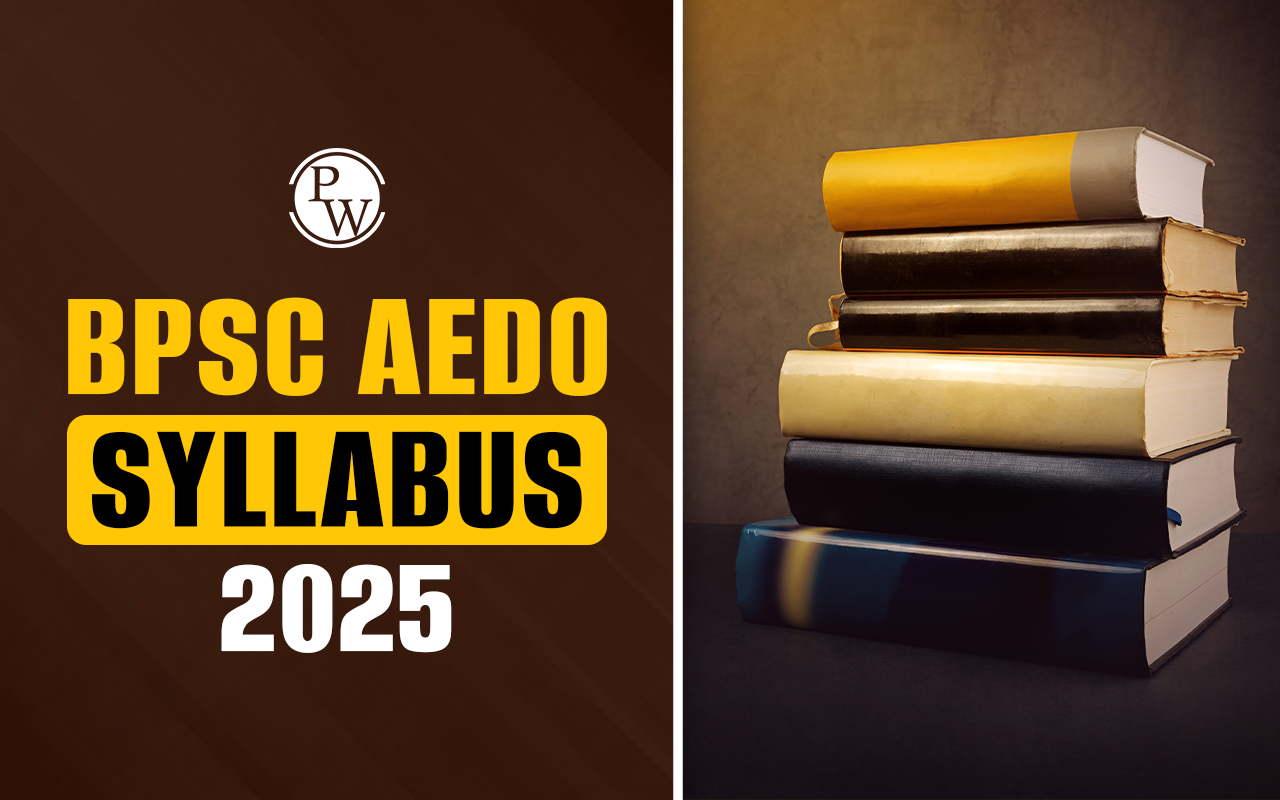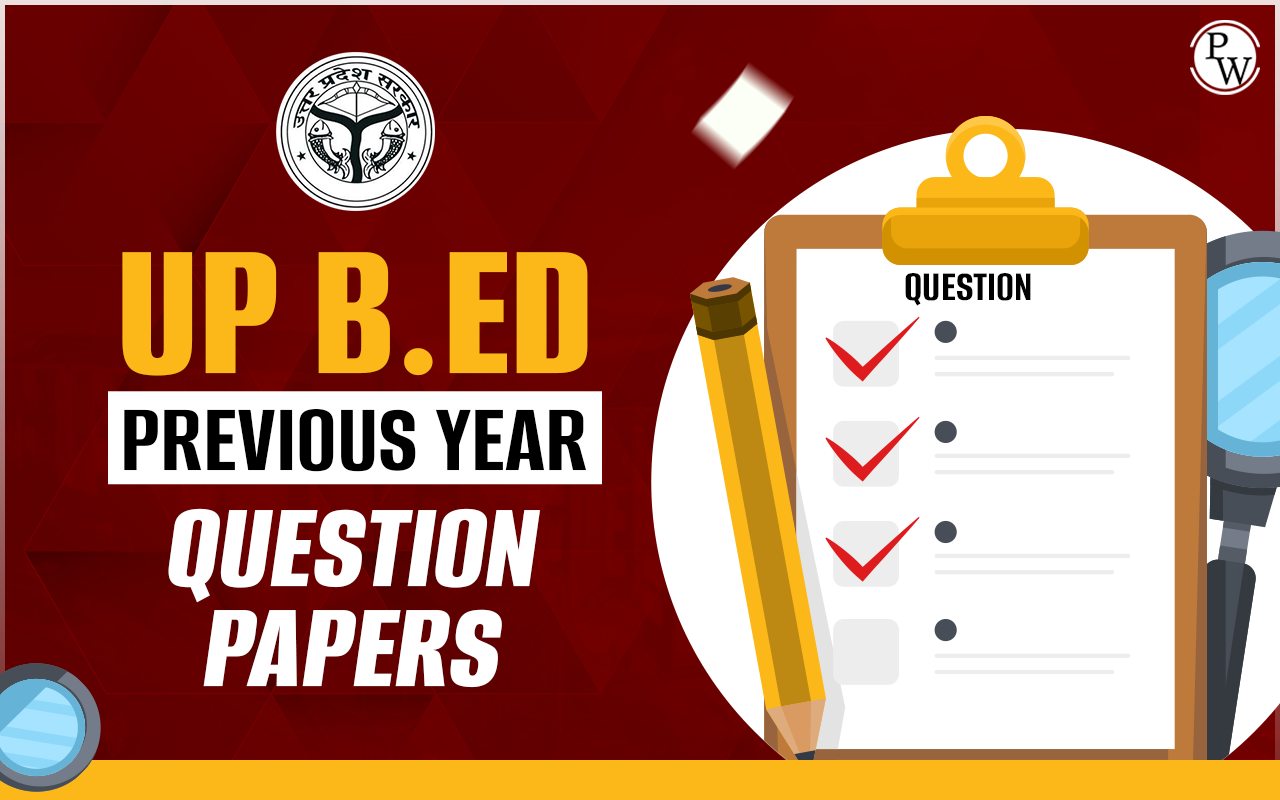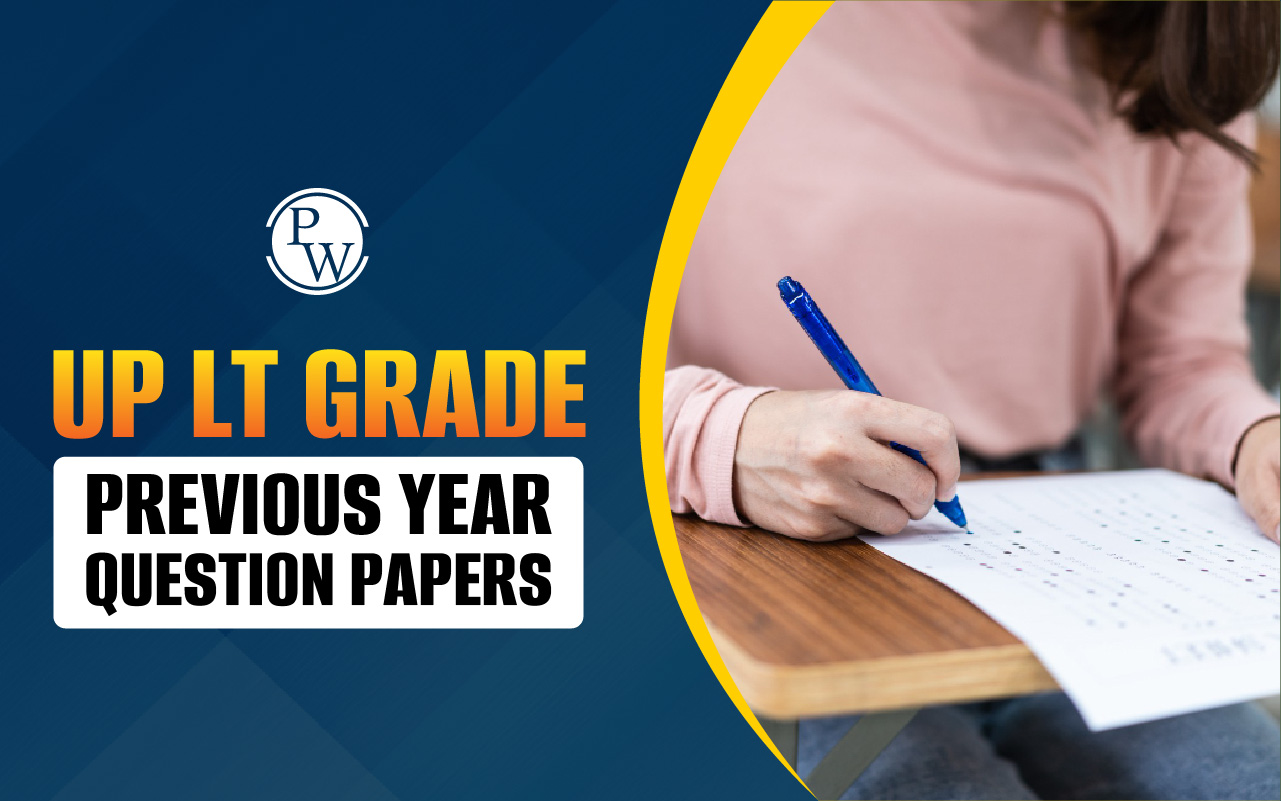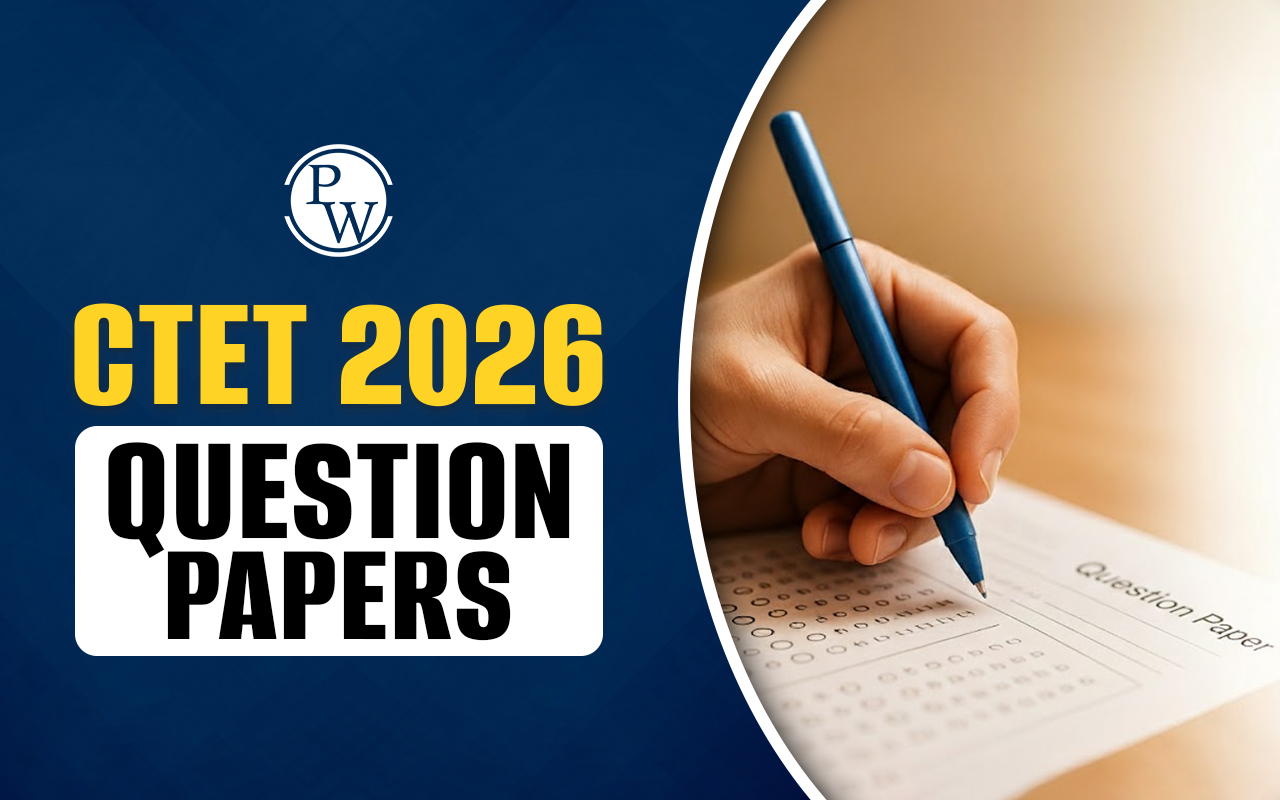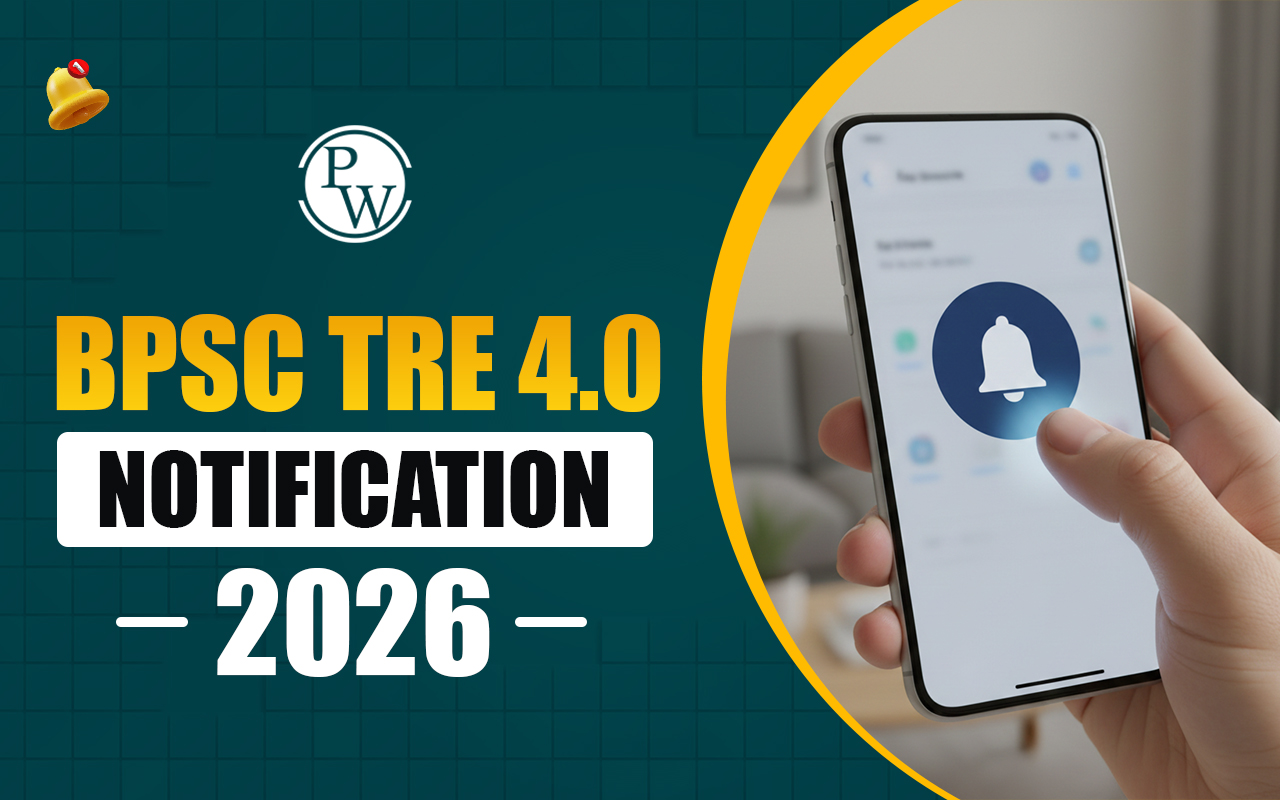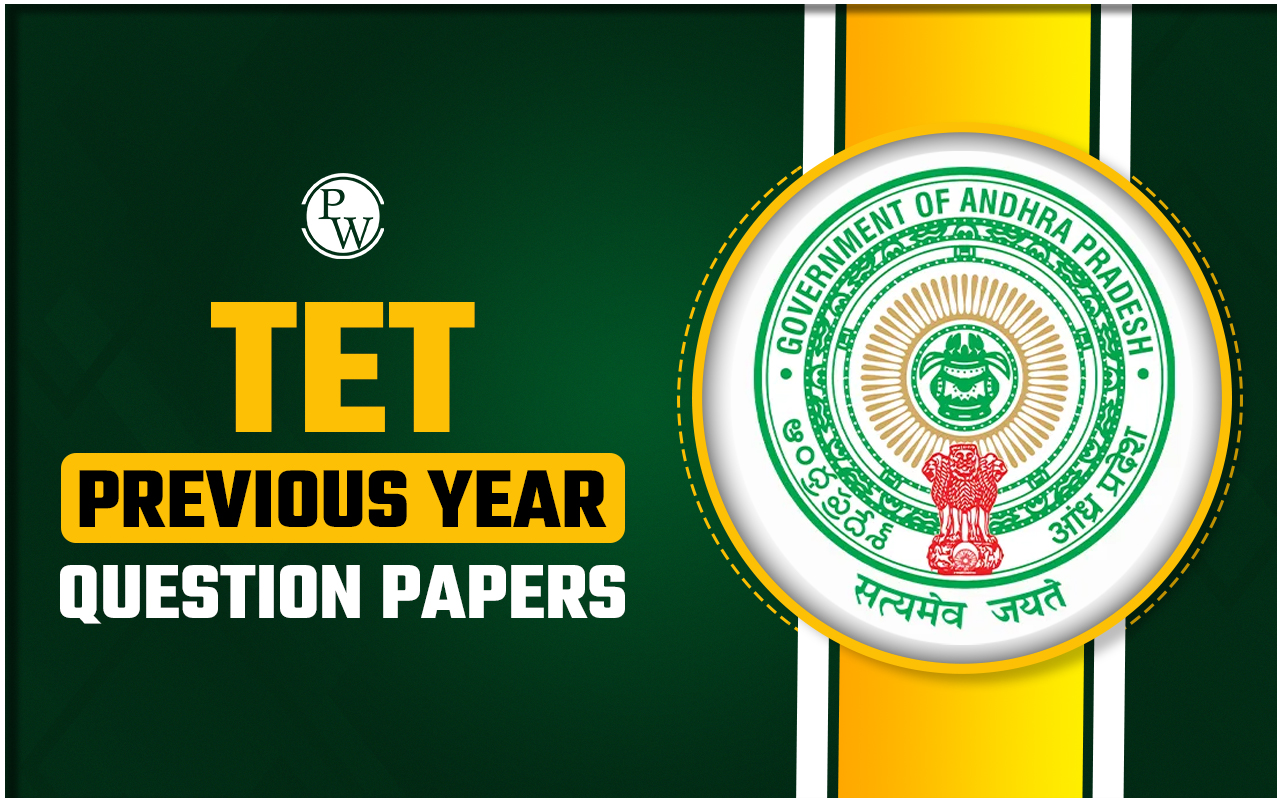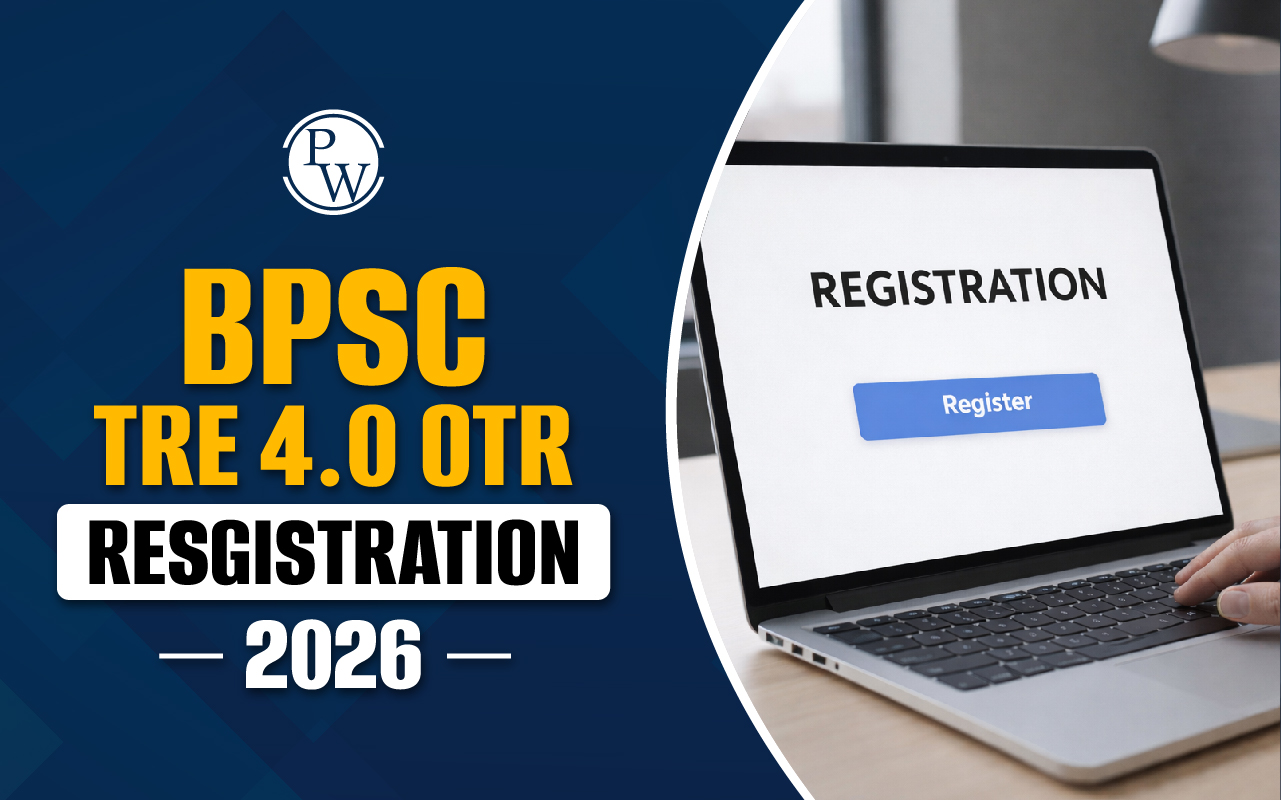
Difference Between B.Ed and D.El.Ed: Teaching is a rewarding profession that significantly impacts young minds and their futures. Recently, there has been a boom in teaching career opportunities, with recruitment exams like KVS, RPSC, DSSSB, and NVS offering thousands of positions for Primary Teachers (PRT), Trained Graduate Teachers (TGT), and Post Graduate Teachers (PGT). To become a TGT, candidates need to meet specific educational qualifications, which can be achieved through two main courses: B.Ed (Bachelor of Education) and D.El.Ed (Diploma in Elementary Education). This article will explore the difference between B.Ed and D.El.Ed.
Difference Between B.Ed and D.El.Ed
When comparing B.Ed (Bachelor of Education) and D.El.Ed (Diploma in Elementary Education), it's essential to understand their differences. B.Ed is a bachelor's degree aimed at training individuals to become teachers for higher classes, focusing on educational theory and pedagogy. In contrast, D.El.Ed is a diploma program designed for aspiring teachers who want to teach at the elementary level, emphasizing foundational teaching skills and child development. While B.Ed typically requires a graduate degree for admission, D.El.Ed can be pursued after completing high school.What is B.Ed?
Bachelor of Education (B.Ed) is an undergraduate degree designed for individuals who aspire to become teachers at the school level. This two-year program equips students with the necessary skills and knowledge to teach in primary and secondary schools.What is D.El.Ed?
Diploma in Elementary Education (D.El.Ed) is a diploma course focusing on training teachers for elementary education (from nursery to class VIII). This program is generally of two years and emphasizes practical teaching skills and theoretical knowledge to handle young learners effectively.D.El.Ed vs B.Ed Course Comparison
Candidates can check the given below table for DELED vs DEd course comparison:| DELED vs BEd Couse Comparison | ||
| Feature | B.Ed | D.El.Ed |
| Duration | 2 years | 2 years |
| Eligibility | Graduation in any stream | 10+2 (Higher Secondary) |
| Focus | Secondary and higher education | Elementary education |
| Career Opportunities | High school and college teacher | Primary school teacher |
| Admission Process | Entrance exams (B.Ed Exams) | Direct admission or entrance exams (D.El.Ed Exams) |
Key Differences Between B.Ed and D.El.Ed
Here are the key differences between B.Ed and D.El.Ed Exams:Course Structure
The Difference Between B.Ed and D.El.Ed largely lies in their course structure. B.Ed focuses on advanced teaching methods and curriculum development for secondary education, while D.El.Ed emphasizes foundational teaching skills and child psychology for elementary education.Eligibility Criteria
To enroll in a B.Ed program, candidates need to have completed their graduation in any discipline. On the other hand, D.El.Ed candidates must have completed their higher secondary education (10+2). This distinction affects the target demographic for each course.Career Opportunities
Both B.Ed and D.El.Ed graduates can find teaching jobs, but the level and type of institutions vary. B.Ed graduates often aim for higher-level teaching positions in secondary schools or colleges, while D.El.Ed graduates typically work in primary schools.Admission Process
The admission process for both courses also differs. B.Ed programs often require candidates to pass specific entrance exams, commonly referred to as B.Ed Exams. In contrast, D.El.Ed programs may allow direct admissions based on merit or conduct their own entrance assessments, known as D.El.Ed Exams.Curriculum Focus
The curriculum of B.Ed programs is more extensive and in-depth, covering subjects like educational psychology, pedagogy, and teaching methodologies. D.El.Ed focuses more on practical aspects, preparing teachers to handle young children and manage classrooms effectively.Career Opportunities After B.Ed and D.El.Ed
Graduating from either a B.Ed or D.El.Ed program opens numerous doors in the field of education. Here’s a look at some of the career paths you can pursue:Career Opportunities After B.Ed
- School Teacher : Teach in secondary or higher secondary schools.
- Educational Consultant : Provide expertise to educational institutions.
- Curriculum Developer : Create educational content and curricula.
- Special Educator : Work with children with special needs.
Career Opportunities After D.El.Ed
- Elementary School Teacher : Teach young children in classes 1 to 8.
- Educational Administrator : Manage elementary schools or educational programs.
- Private Tutor : Provide additional support to students outside school.
- Child Care Educator : Work in preschools or daycare centers.
Difference Between B.Ed and D.El.Ed FAQs
What is the main difference between B.Ed and D.El.Ed?
The main difference lies in the level of education they prepare you for. B.Ed (Bachelor of Education) focuses on teaching in secondary and higher secondary schools, while D.El.Ed (Diploma in Elementary Education) is aimed at teaching in elementary schools (nursery to class VIII).
What are the eligibility requirements for B.Ed and D.El.Ed?
To enroll in a B.Ed program, you need to have a bachelor's degree in any field. For D.El.Ed, you must complete your higher secondary education (10+2).
How long do the courses take to complete?
Both B.Ed and D.El.Ed programs typically take two years to complete.
What career opportunities are available after completing B.Ed and D.El.Ed?
After B.Ed, you can work as a high school teacher, educational consultant, or curriculum developer. With a D.El.Ed, you can become an elementary school teacher or work as a child care educator.
How do I get admission into B.Ed and D.El.Ed programs?
Admissions for B.Ed usually require passing specific entrance exams. For D.El.Ed, you may be admitted directly based on merit or through entrance exams, depending on the institution.
Talk to a counsellorHave doubts? Our support team will be happy to assist you!

Check out these Related Articles
Free Learning Resources
PW Books
Notes (Class 10-12)
PW Study Materials
Notes (Class 6-9)
Ncert Solutions
Govt Exams
Class 6th to 12th Online Courses
Govt Job Exams Courses
UPSC Coaching
Defence Exam Coaching
Gate Exam Coaching
Other Exams
Know about Physics Wallah
Physics Wallah is an Indian edtech platform that provides accessible & comprehensive learning experiences to students from Class 6th to postgraduate level. We also provide extensive NCERT solutions, sample paper, NEET, JEE Mains, BITSAT previous year papers & more such resources to students. Physics Wallah also caters to over 3.5 million registered students and over 78 lakh+ Youtube subscribers with 4.8 rating on its app.
We Stand Out because
We provide students with intensive courses with India’s qualified & experienced faculties & mentors. PW strives to make the learning experience comprehensive and accessible for students of all sections of society. We believe in empowering every single student who couldn't dream of a good career in engineering and medical field earlier.
Our Key Focus Areas
Physics Wallah's main focus is to make the learning experience as economical as possible for all students. With our affordable courses like Lakshya, Udaan and Arjuna and many others, we have been able to provide a platform for lakhs of aspirants. From providing Chemistry, Maths, Physics formula to giving e-books of eminent authors like RD Sharma, RS Aggarwal and Lakhmir Singh, PW focuses on every single student's need for preparation.
What Makes Us Different
Physics Wallah strives to develop a comprehensive pedagogical structure for students, where they get a state-of-the-art learning experience with study material and resources. Apart from catering students preparing for JEE Mains and NEET, PW also provides study material for each state board like Uttar Pradesh, Bihar, and others
Copyright © 2026 Physicswallah Limited All rights reserved.


